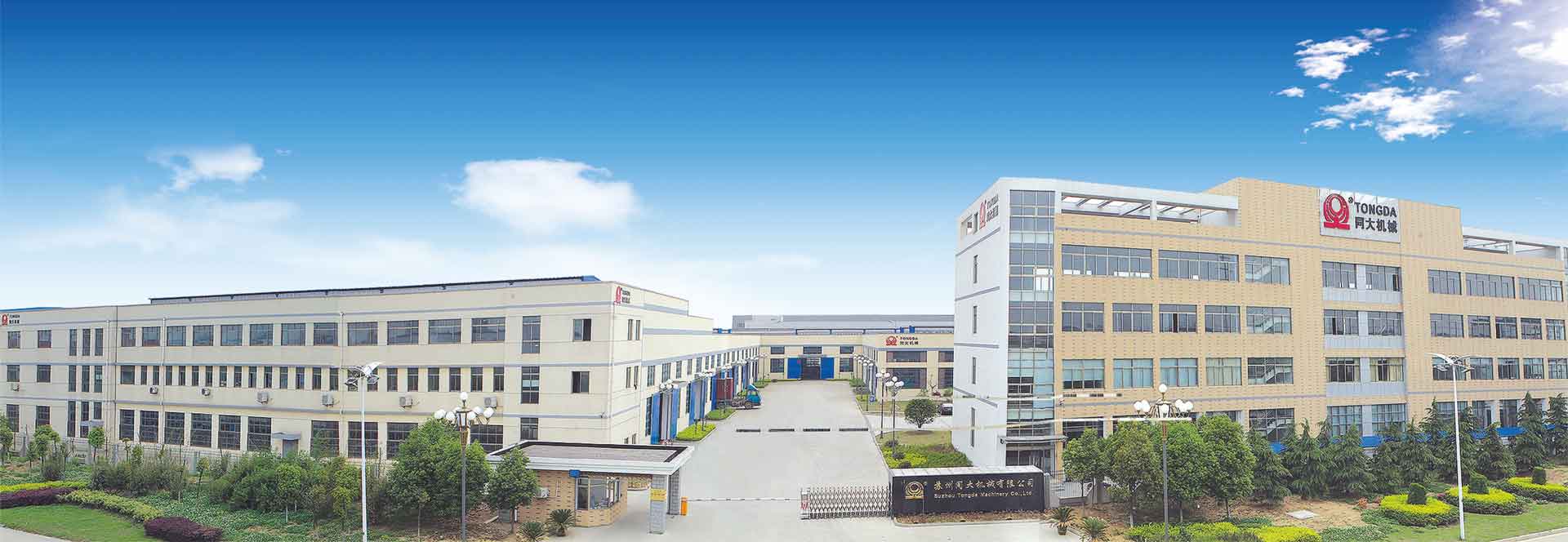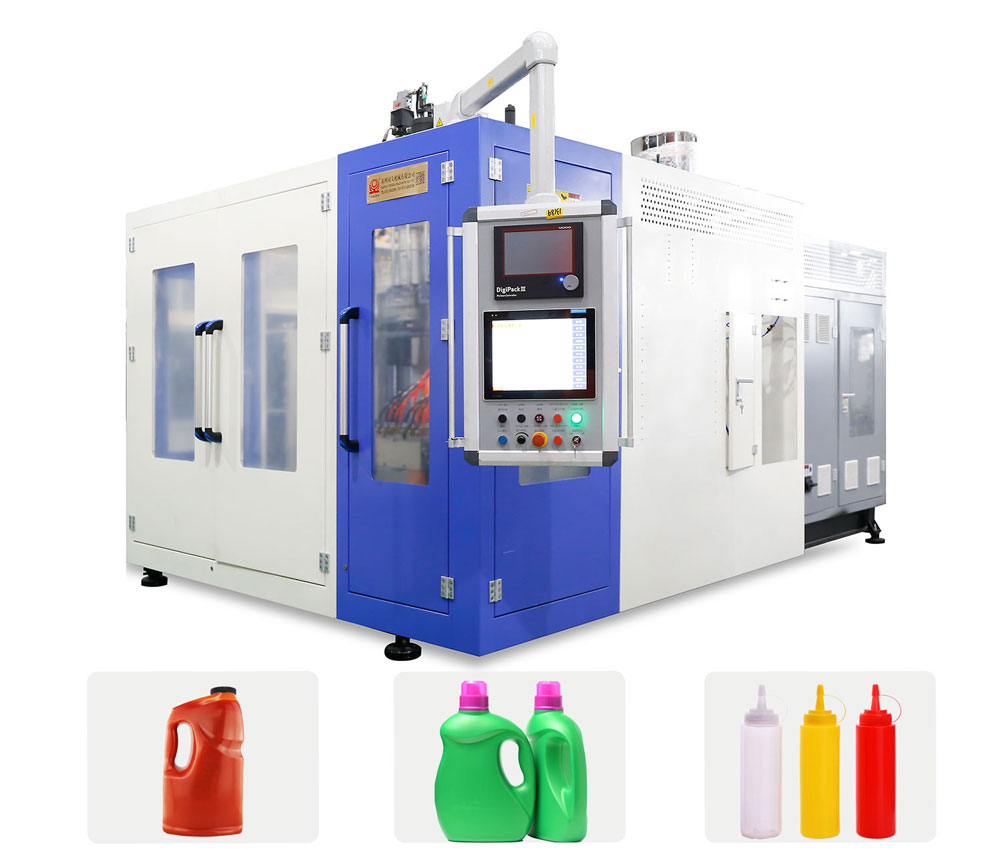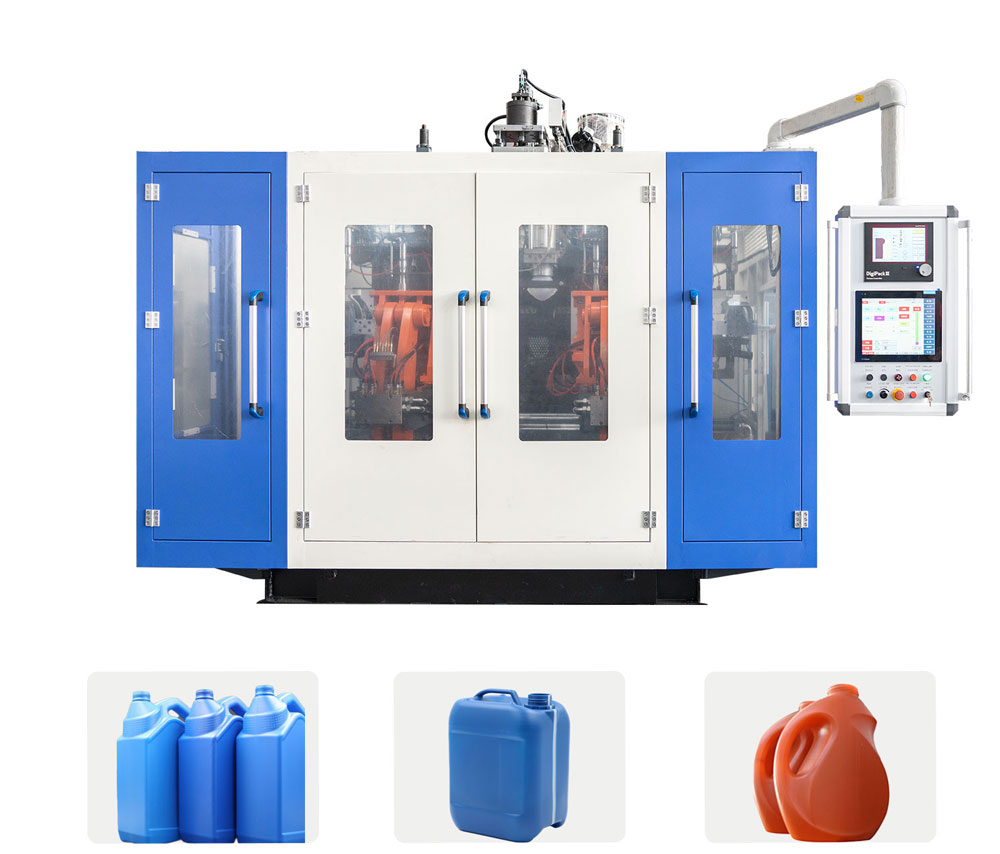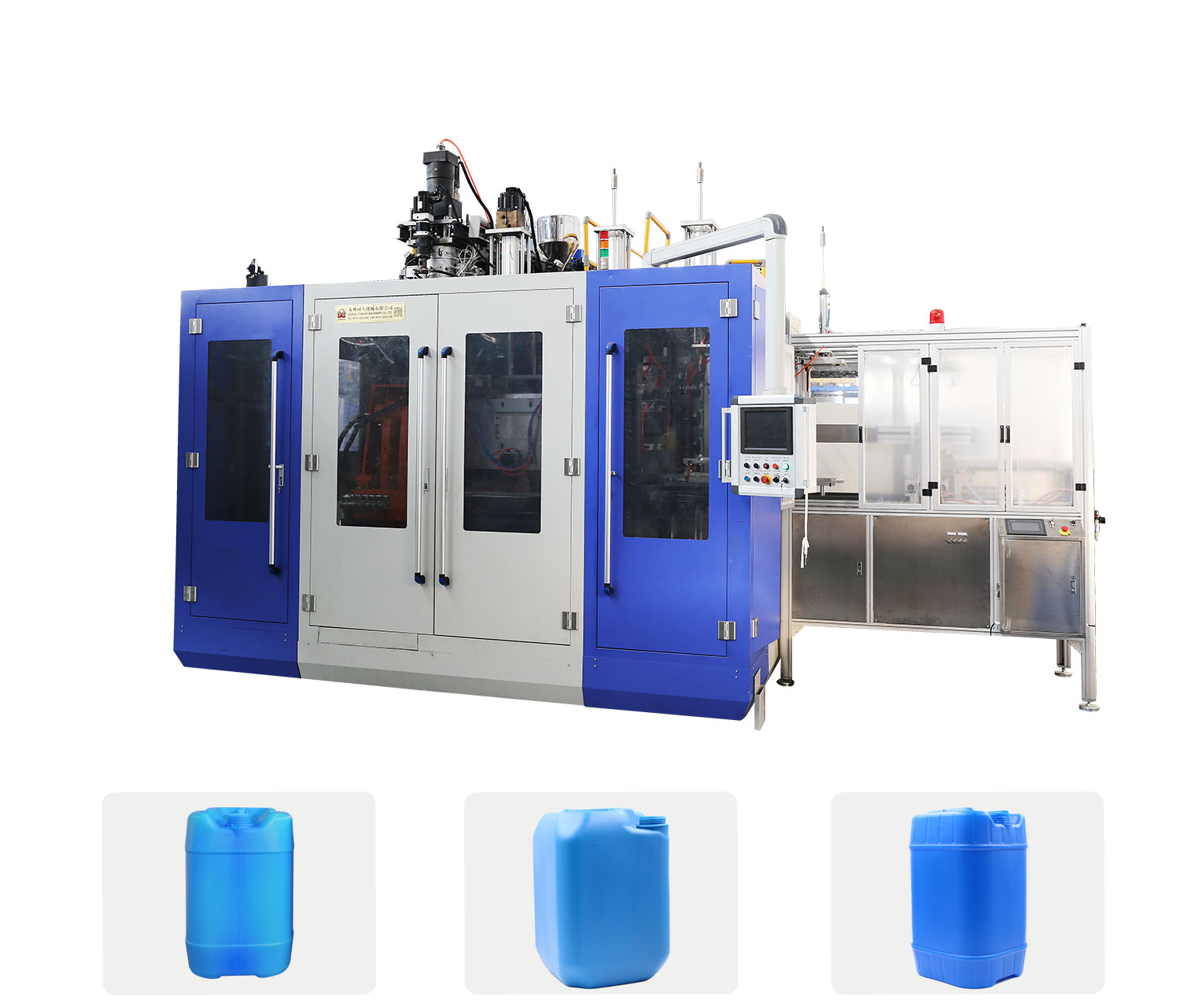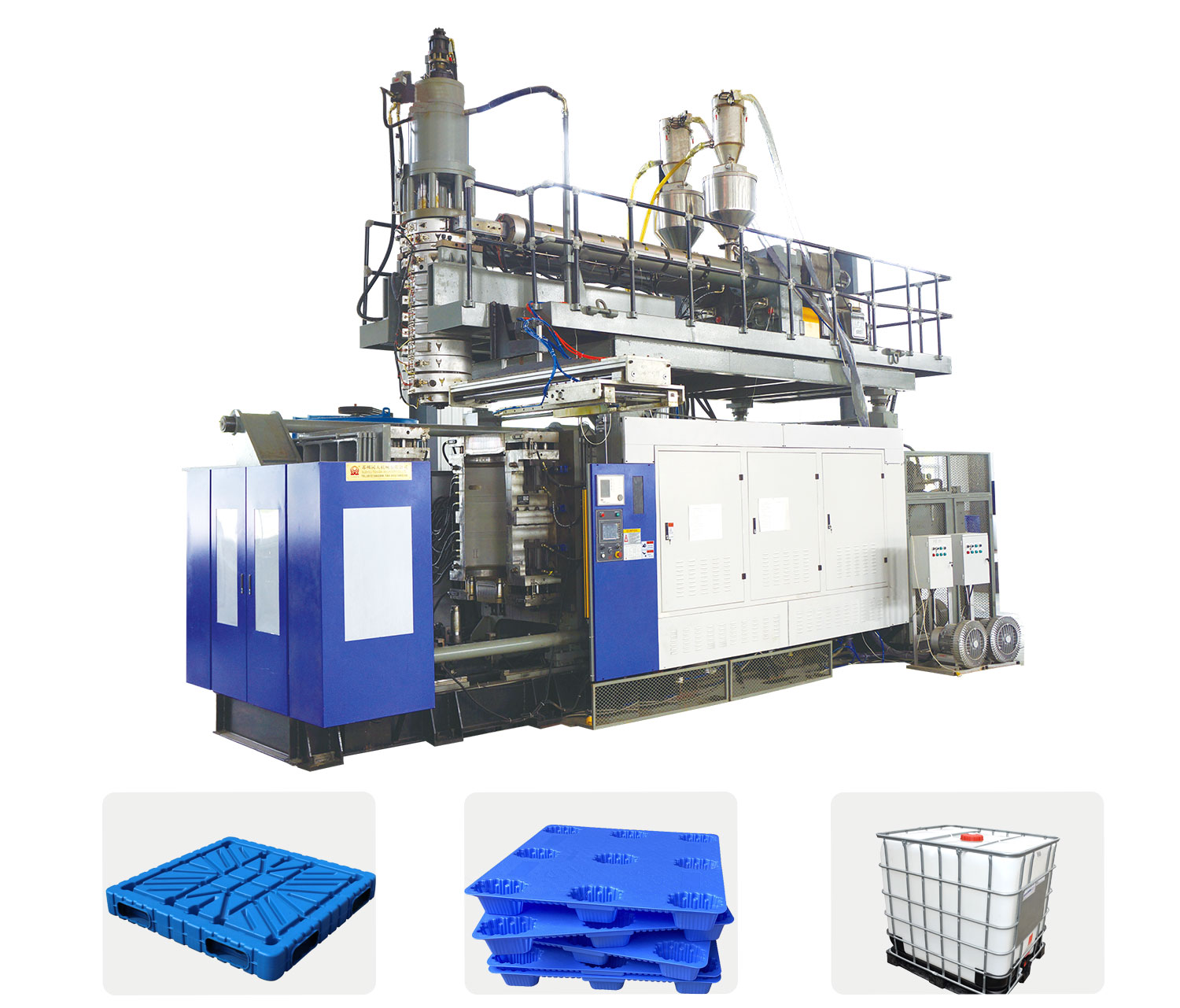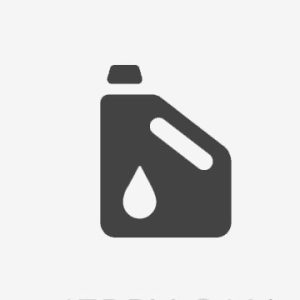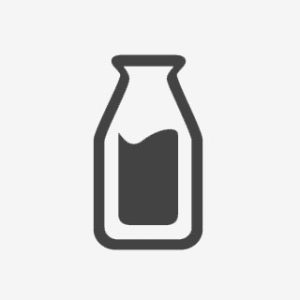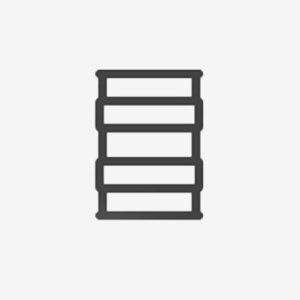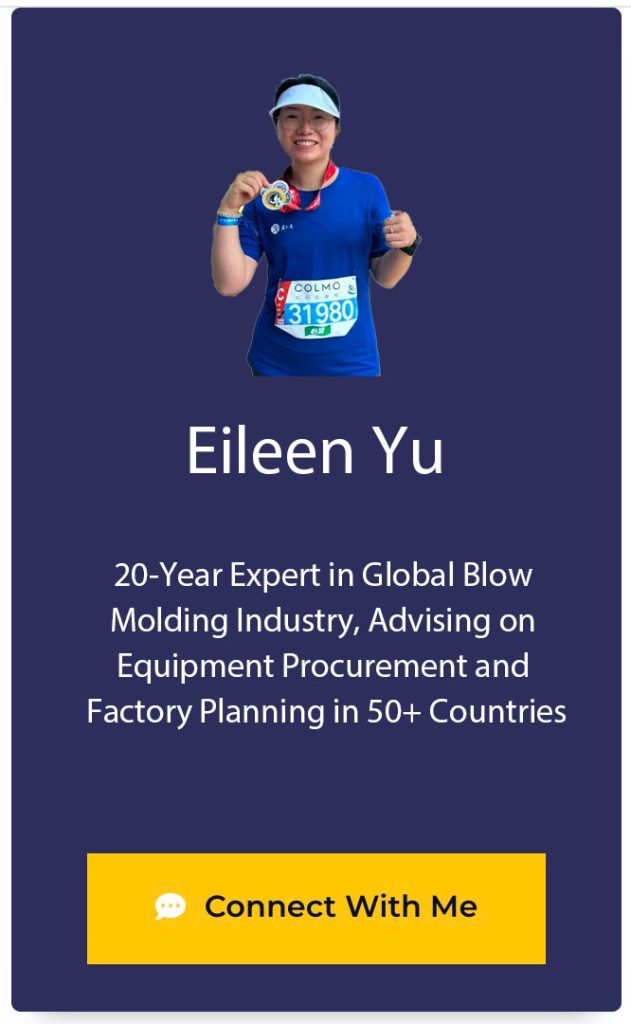12 Strategic Moves: How to Safeguard Your Blow Molding Machine Purchase in China
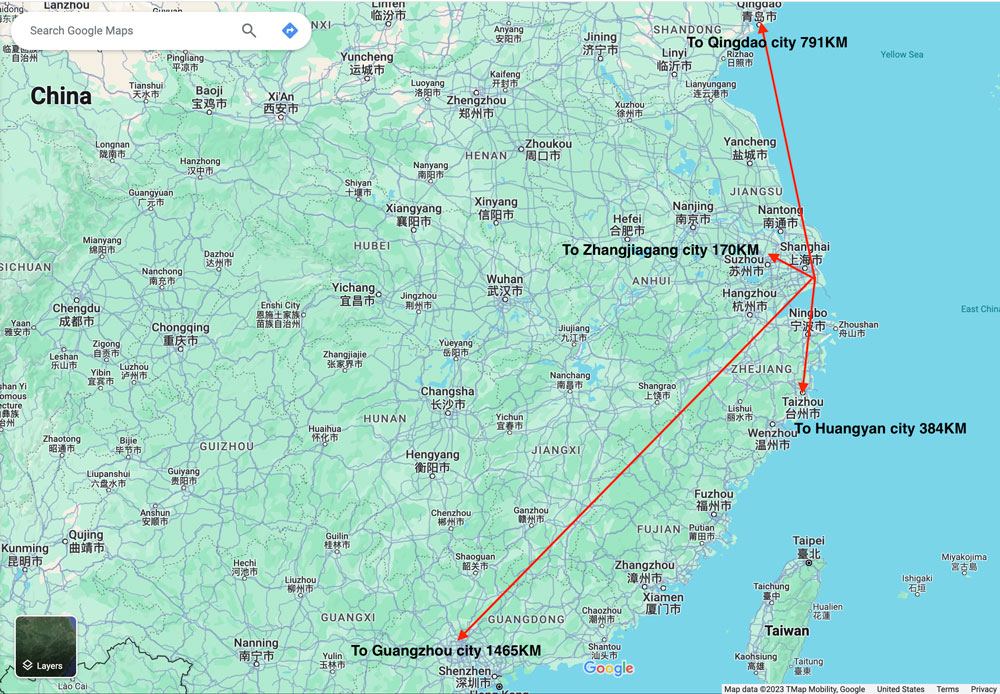 From Shanghai Pudong International Airport To Zhangjiagang city You can take a taxi or have the contacted blow molding machine manufacturer pick you up!
From Shanghai Pudong International Airport To Zhangjiagang city You can take a taxi or have the contacted blow molding machine manufacturer pick you up!
 To Huangyan City you can take a taxi to Hongqiao HSR(high speed railway)station and then take the HSR.
To Huangyan City you can take a taxi to Hongqiao HSR(high speed railway)station and then take the HSR.

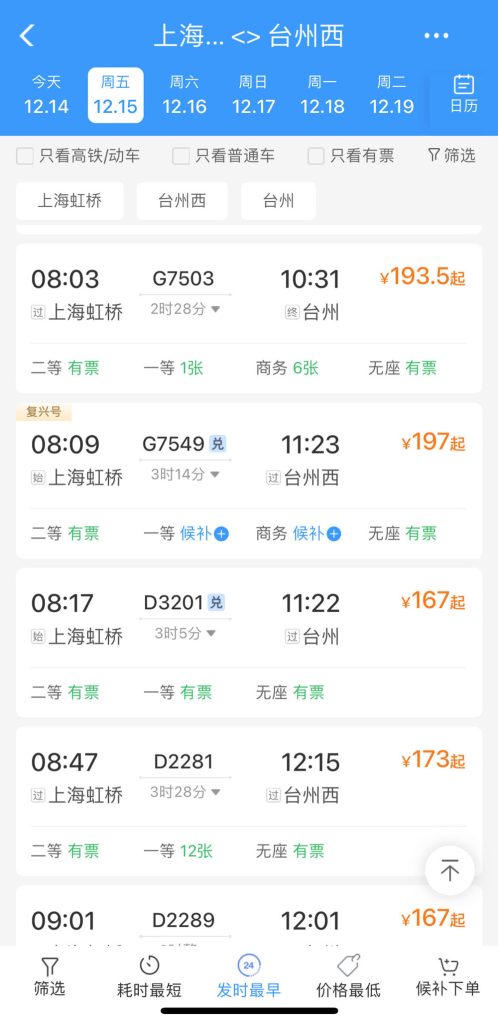 You can use the China Road 12306 app to check train schedules and purchase tickets
The fastest time is 3 hours and 16 minutes from Shanghai Hongqiao to Qingdao Taizhou Huangyan Station
To go to Qingdao City, you can still take the high-speed rail from Shanghai Hongqiao High-speed Railway Station to Qingdao West Railway Station. The fastest time is 4 hours and 17 minutes.
You can use the China Road 12306 app to check train schedules and purchase tickets
The fastest time is 3 hours and 16 minutes from Shanghai Hongqiao to Qingdao Taizhou Huangyan Station
To go to Qingdao City, you can still take the high-speed rail from Shanghai Hongqiao High-speed Railway Station to Qingdao West Railway Station. The fastest time is 4 hours and 17 minutes.
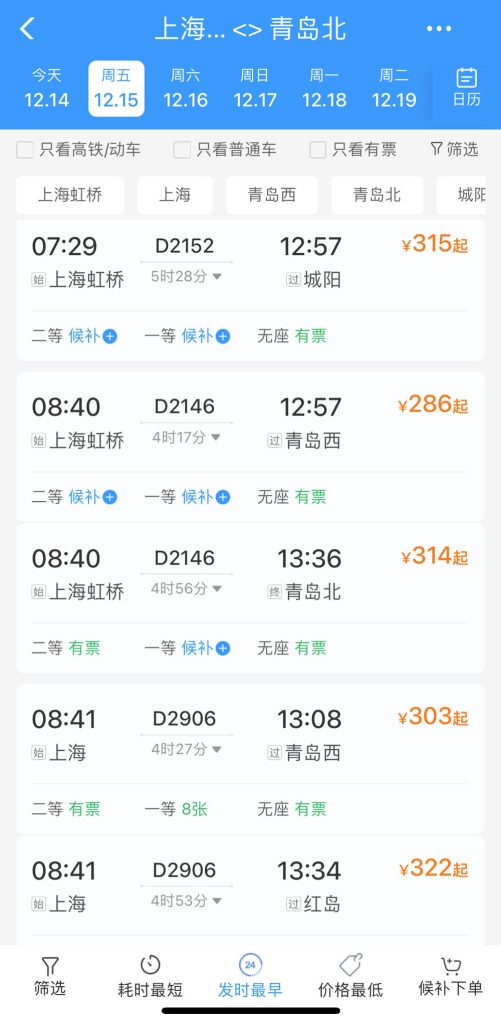
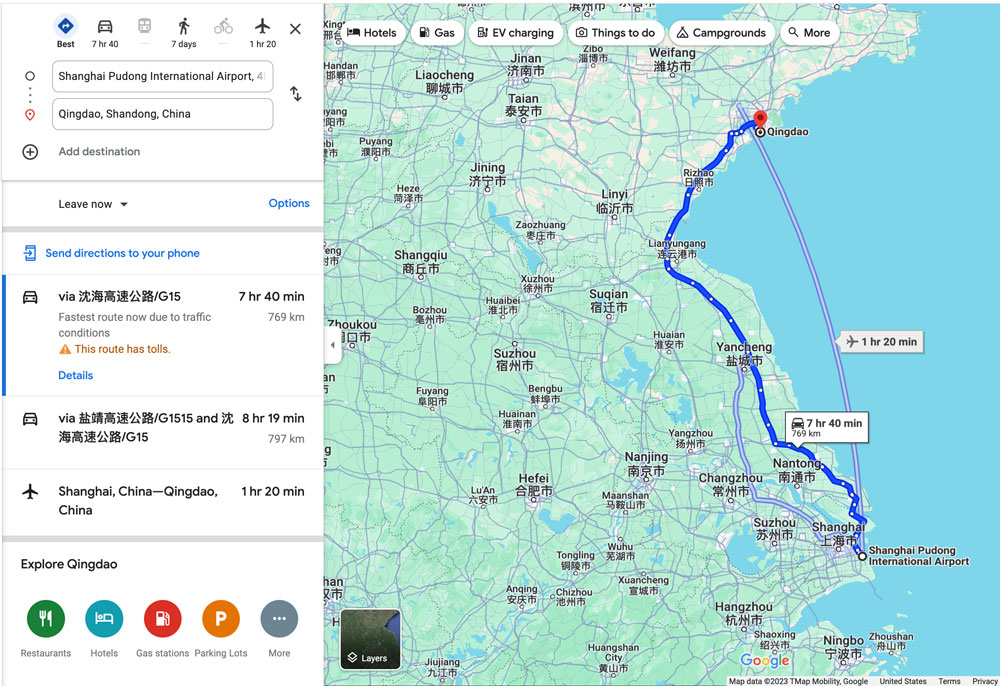 Since the distance is too far, you can take a plane from Shanghai to Guangzhou, which takes about 2 hours and 15 minutes.
Since the distance is too far, you can take a plane from Shanghai to Guangzhou, which takes about 2 hours and 15 minutes.
 China’s transportation network is also very developed, including highway driving and high-speed rail networks. Of course, if you want a more reasonable itinerary, you can tell me the specific requirements for the machine you want to buy, and I can customize your China purchasing plan for you.
China’s transportation network is also very developed, including highway driving and high-speed rail networks. Of course, if you want a more reasonable itinerary, you can tell me the specific requirements for the machine you want to buy, and I can customize your China purchasing plan for you. -
1,How to find alternative manufacturers?1,How to find alternative manufacturers?
-
2,After collecting supplier information, how to make a plan for meeting and communication?2,After collecting supplier information, how to make a plan for meeting and communication?
-
3,How to distinguish the quotations of different blow molding machine manufacturers on the same model?3,How to distinguish the quotations of different blow molding machine manufacturers on the same model?
-
3.1:Three types of drives for blow molding machines3.1:Three types of drives for blow molding machines
-
3.2: Motors used in blow molding machines3.2: Motors used in blow molding machines
-
3.3: Screw&barrels of blow molding machine3.3: Screw&barrels of blow molding machine
-
3.4: Die head of blow molding machine3.4: Die head of blow molding machine
-
3.5: Blow pin for blow molding machine3.5: Blow pin for blow molding machine
-
3.6: Blow Mold Design3.6: Blow Mold Design
-
3.7: The gearbox in a blow molding machine serves several crucial functions3.7: The gearbox in a blow molding machine serves several crucial functions
-
4,Comparison of blow molding machine manufacturers’ years of foreign trade and success stories overseas4,Comparison of blow molding machine manufacturers’ years of foreign trade and success stories overseas
-
5,How to check a company’s credit qualifications?5,How to check a company’s credit qualifications?
-
6,How do you get more information through the manufacturers you contact?6,How do you get more information through the manufacturers you contact?
-
7,How to make after-sales service and product quality guaranteed?7,How to make after-sales service and product quality guaranteed?
-
8,ROI Analysis on Blow Molding Machines8,ROI Analysis on Blow Molding Machines
-
9,How to Sign a Purchase Contract for Blow Molding Machines Including Payment Methods9,How to Sign a Purchase Contract for Blow Molding Machines Including Payment Methods
-
10,How to ship a blow molding machine from China?10,How to ship a blow molding machine from China?
-
11,How to make a reasonable trip plan if coming to China11,How to make a reasonable trip plan if coming to China
-
12,How to go to the middle to avoid commercial bribery?12,How to go to the middle to avoid commercial bribery?

But you must remember that the suppliers on Alibaba are not necessarily physical factories but also trading companies, because most physical factories in China are not as good at marketing and packaging as trading companies.
1.2 You can use the Chinese search engine www.baidu.com to search for the Chinese font “吹塑机厂家”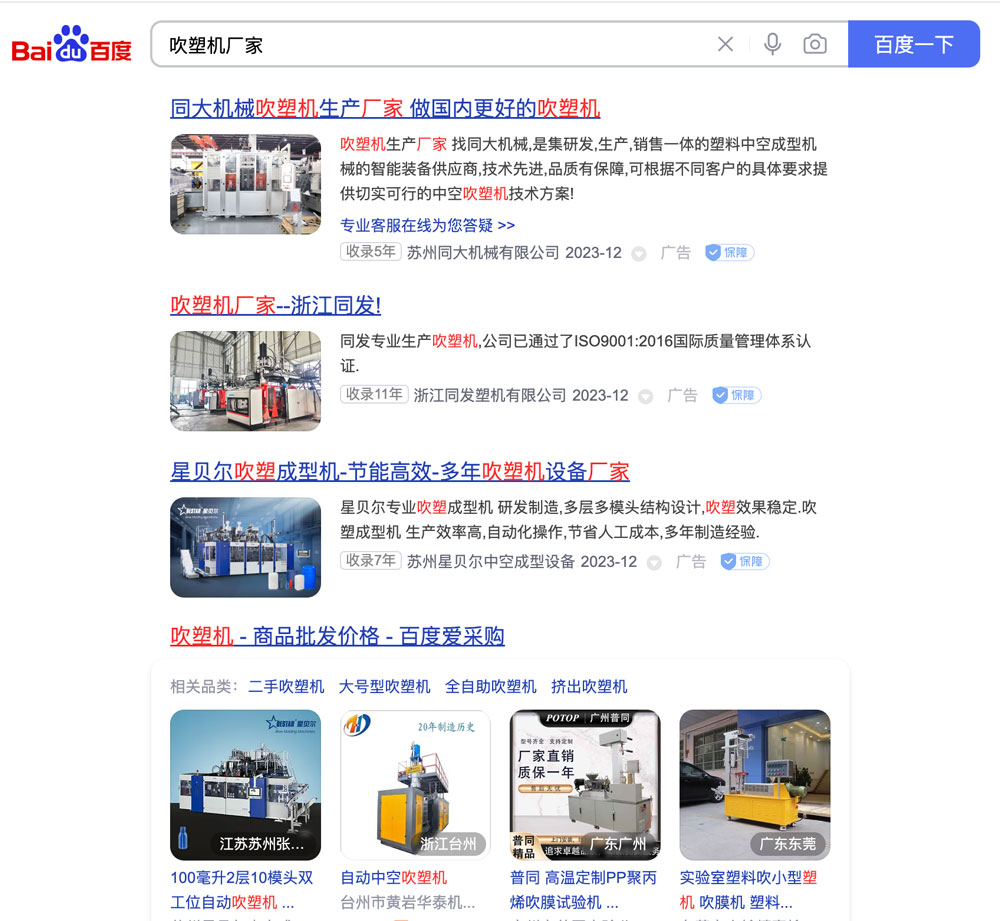
1.3 You can also search via Google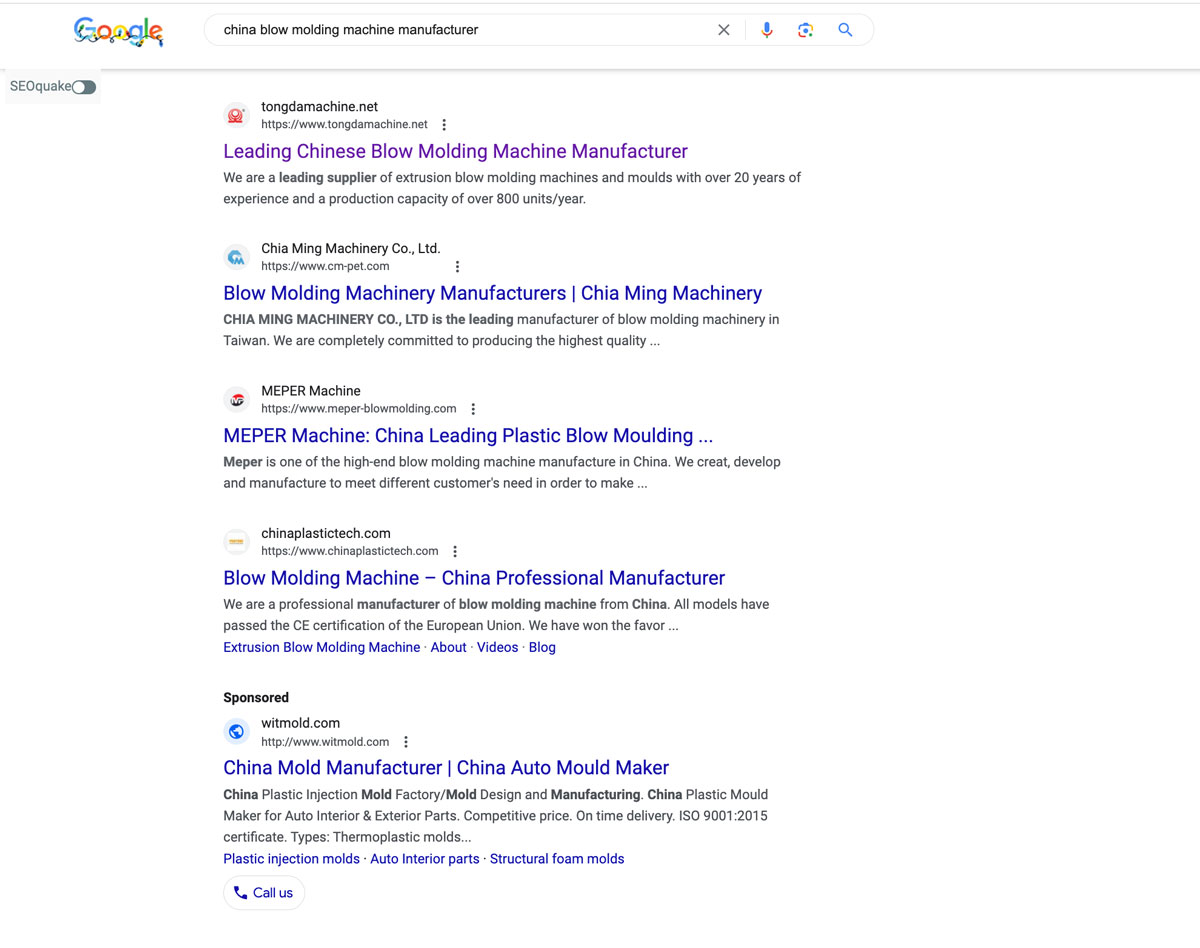
2,After collecting supplier information, how to make a plan for meeting and communication?
First, we need to classify the collected suppliers according to their geographical location. I have mentioned several gathering places in the above content, Zhangjiagang, Qingdao, Guangzhou, Huangyan You can inquire about the other party’s location in the early communication
The supplier you can communicate with requires a Chinese business license. Usually, the earlier the registration time, it is usually a physical factory, before 2010. After that, you may have to check whether it is a real supplier.
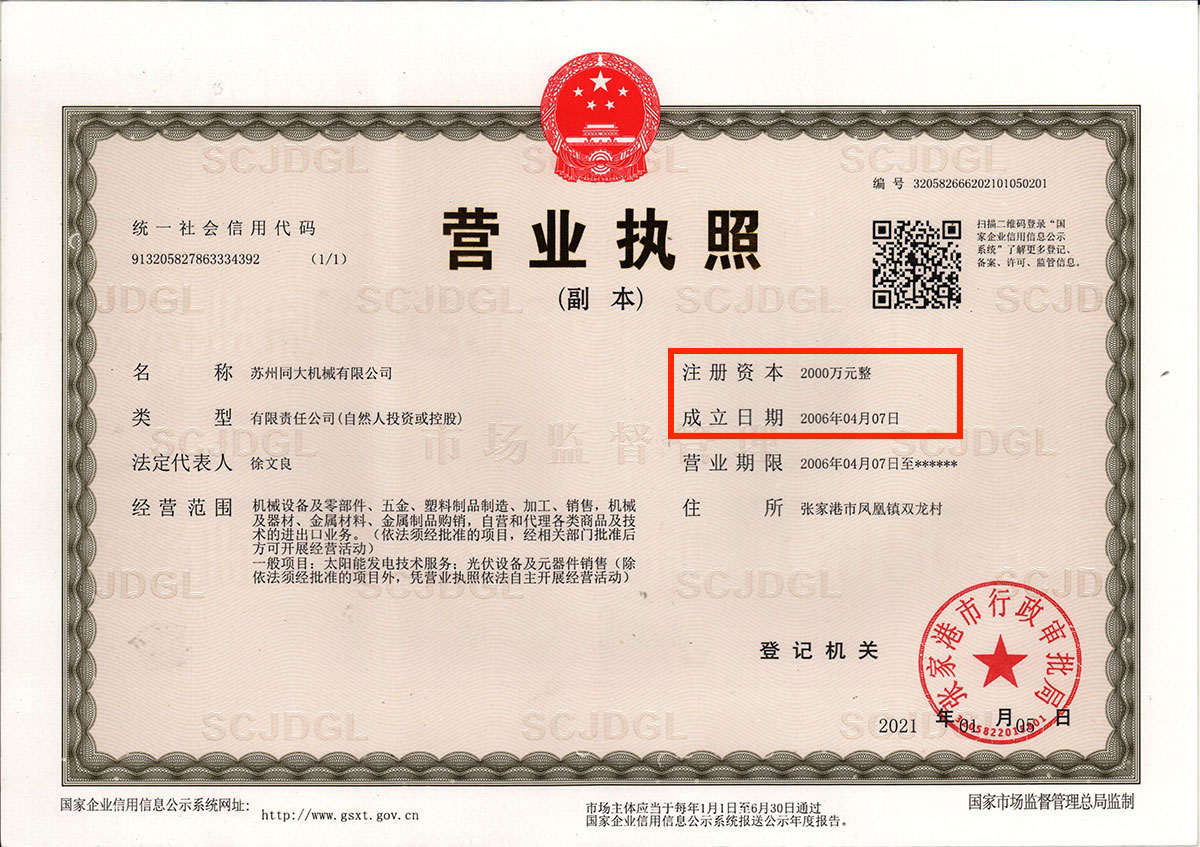 At the same time, you can also look at the registered capital and life currency (yuan). Generally, the scale with high registered capital is not small.
At the same time, you can also look at the registered capital and life currency (yuan). Generally, the scale with high registered capital is not small. In the manufacturing landscape of China’s blow molding industry, a company’s per-employee output serves as a pivotal metric to gauge its scale and efficiency. Achieving an annual per-employee output of over 1 million RMB (approximately 150,000 USD) is considered a commendable managerial and operational feat. For instance, if a company has a staff of 100 employees generating an annual revenue of 100 million RMB (approximately 15 million USD), it signifies exceptional performance. This high per-employee output reflects superior management, technical prowess, and robust market positioning. Such elevated productivity not only showcases the company’s operational efficiency but also underscores its competitive advantage in the market.
The size of a company’s booth at industry exhibitions often serves as a significant indicator of its scale and business performance. Well-established companies with substantial and continuous operations typically occupy larger booths in prominent venues such as Chinaplas, a renowned trade fair in the plastic machinery industry. Booths in the main pavilion of Chinaplas are often held by companies with extensive experience and outstanding operations. The cost of participation in Chinaplas is notably high; a standard 3×4 meter booth can cost up to 40,000 RMB, and for companies occupying areas exceeding 120 square meters, including booth decoration, costs often surpass 500,000 RMB or more. Companies demonstrating live machine operations during the exhibition showcase their capabilities, providing a tangible demonstration of their machinery’s functionality, and undergo a practical evaluation by industry peers and potential clients. The booth size and on-site production capability serve as effective means to exhibit a company’s strength and allure customers, reflecting its standing and competitiveness within the plastic machinery industry.
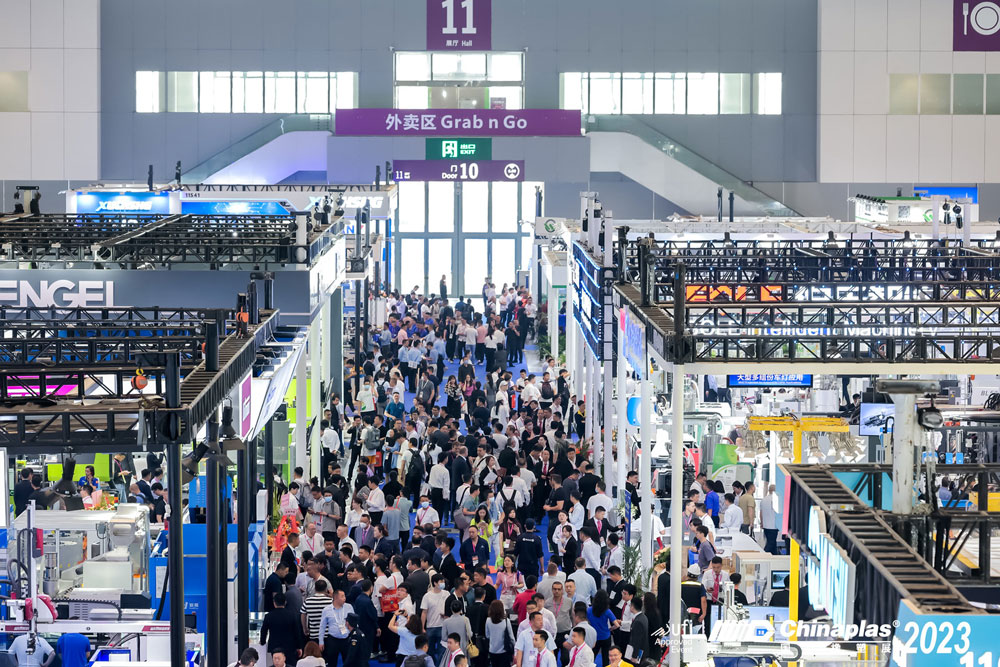
3.How to distinguish the quotations of different blow molding machine manufacturers on the same model?

- Hydraulic-Driven Blow Molding Machines:
- Cost Composition: Focus on the quality and cost of hydraulic systems, including the brand and performance of hydraulic components.
- Maintenance Costs: Understand the maintenance frequency and expenses associated with hydraulic systems.
- Energy Efficiency and Production Capacity: Compare the energy efficiency and production capacity among different suppliers considering long-term energy savings and production efficiency.
- Servo-Driven Blow Molding Machines:
- Precision Control and Efficiency: Servo systems provide more precise control but might come with a higher price tag.
- Energy Efficiency and Cost-Effectiveness: Compare energy efficiency and cost-effectiveness of various servo systems, including potential energy savings and operational costs.
- Technology and Innovation: Consider the supplier’s technological innovations and advancements in enhancing production efficiency.
- All-Electric Blow Molding Machines:
- Energy-Saving and Environmental Aspects: All-electric machinery tends to be more energy-efficient and environmentally friendly but might have higher upfront costs.
- Technology and Reliability: Assess different manufacturers for technological advancements and equipment reliability, crucial for stable production.
- After-Sales Services: Pay attention to the after-sales services and support provided by suppliers for all-electric machinery.
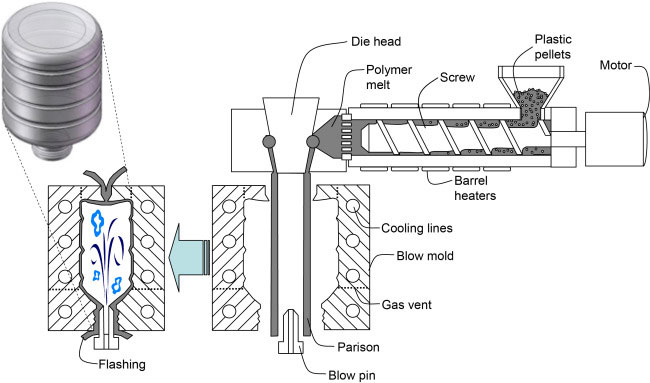
Motors used in blow molding machines
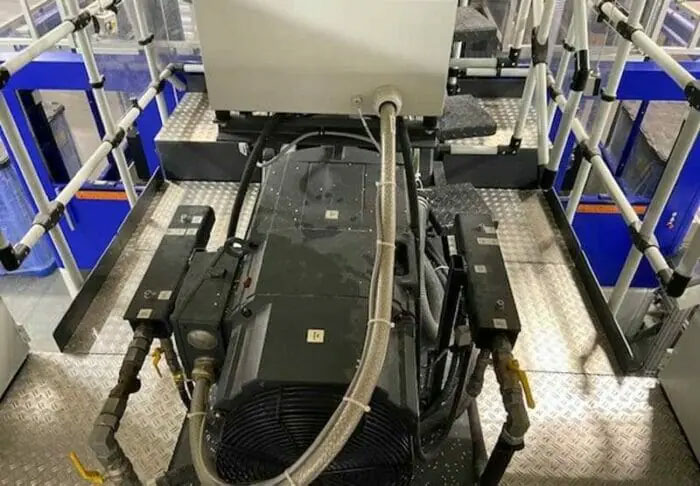
Alongside these international brands, domestically manufactured motors, such as those from WEG, are also prevalent in the blow molding industry in China. They demonstrate certain performance and reliability levels. However, some manufacturers opt for imported motors, often considering their potential advantages in performance, precision, and reliability.
When selecting an electric motor for blow molding machines, several factors need consideration:
- Brand Reputation and Quality: International brands like Siemens and ABB hold strong reputations and mature technology in the motor industry. Domestic brands require more empirical data for validation.
- Power and Performance: The motor’s power should align with the requirements of the blow molding machine to ensure sufficient power support for production.
- Warranty and After-Sales Service: Reputable brands typically offer longer warranties and comprehensive after-sales services, capable of addressing potential issues promptly.
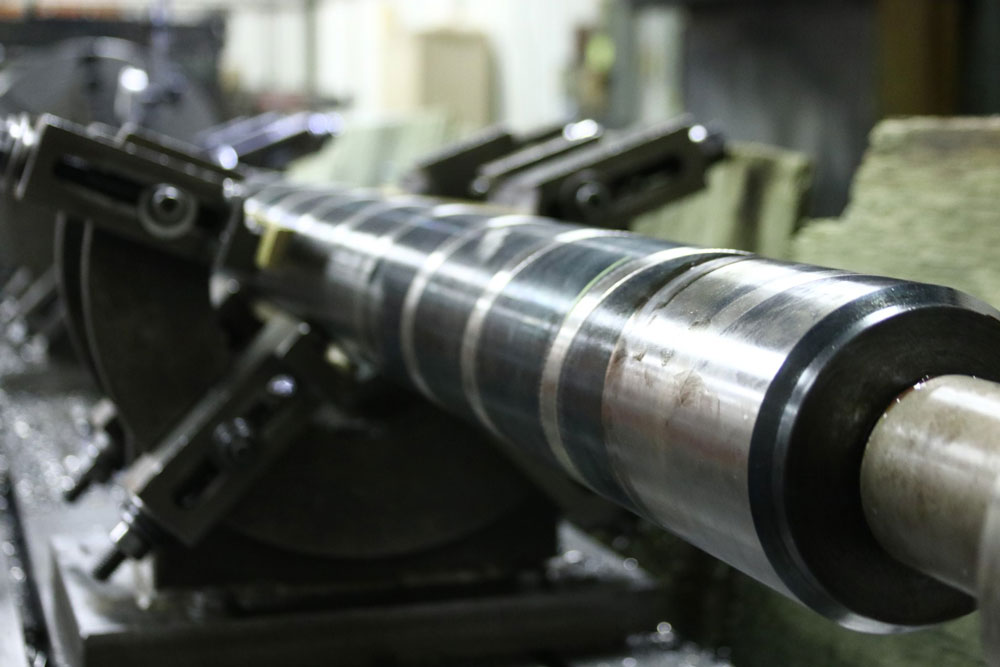
Screw parameters like pitch, flight depth, width, and thread shape affect plastic movement and heating uniformity. High-strength alloy steels like 38CrMoAlA, 42CrMo, and SKD61 are commonly used for these screws due to their wear resistance and durability.
Renowned manufacturers like Zhoushan Jintang, Reiloy Metall, and Battenfeld-Cincinnati provide high-quality, customized screws for blow molding machines. Their focus on durable and tailored solutions ensures stable machine operation and product quality.”
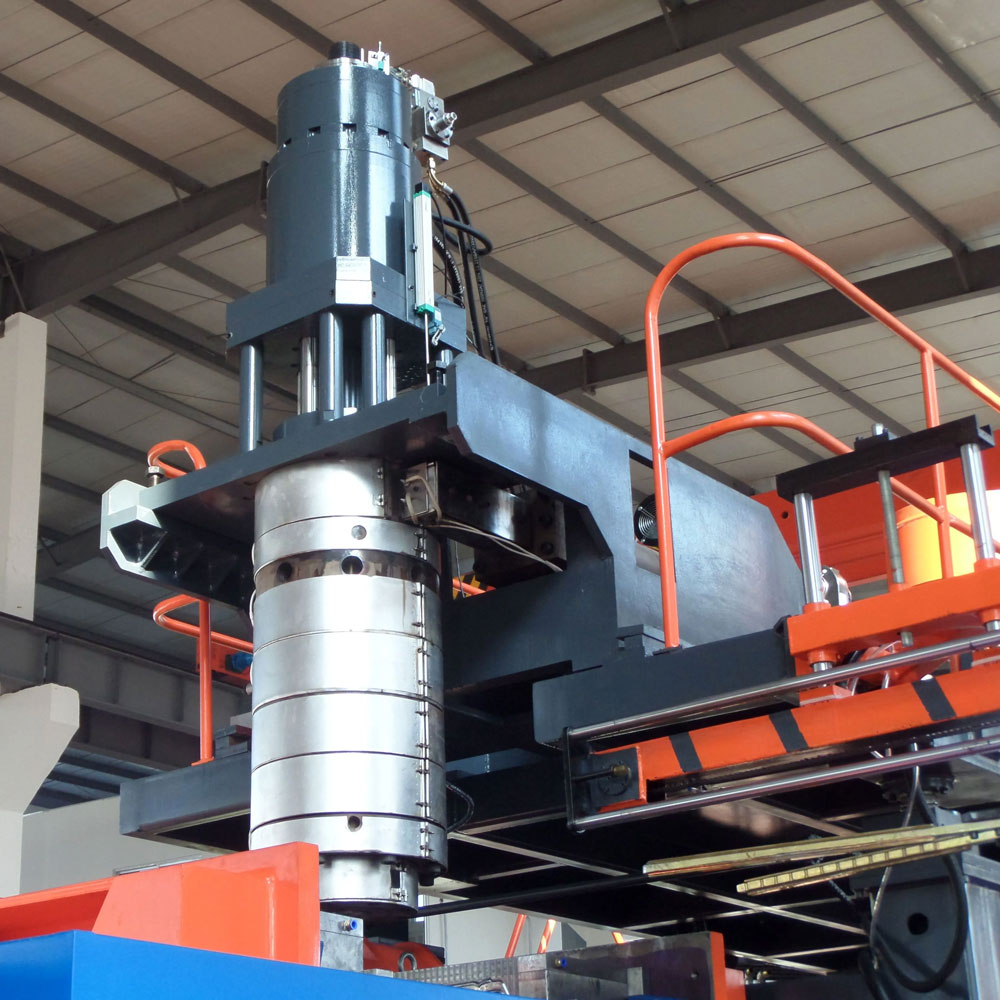
- Shaping: It determines the final shape and size of plastic products, dictating features like form, thickness, and dimensions.
- Extrusion and Expansion: Guiding the molten plastic’s extrusion and expansion within the shaping cavity to achieve the desired product configuration.
- Cooling and Solidification: Incorporates cooling systems to rapidly solidify the plastic, ensuring the product retains the desired shape.
- Control over Extrusion Parameters: Manages extrusion speed and pressure, directly impacting product quality and appearance.
- Adaptability for Varied Products: Customizable to produce diverse plastic product shapes (e.g., bottles, containers, pipes) meeting specific production needs.
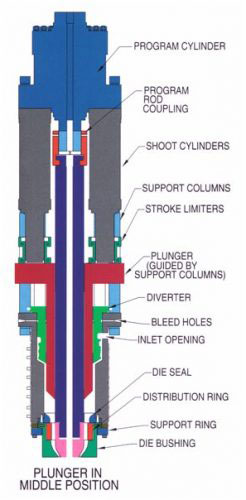
The blow pin in a blow molding machine serves several crucial functions: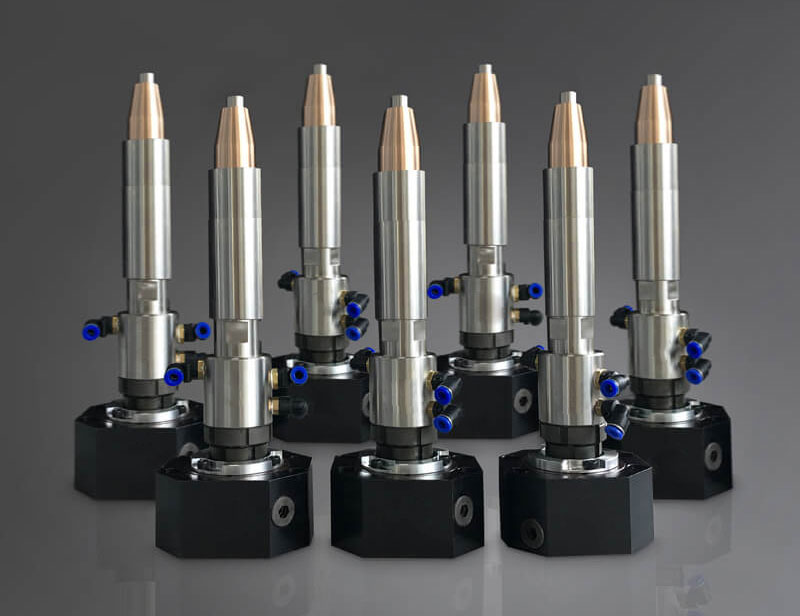
- Inflation and Shaping: It connects to the machine’s inflation system, injecting compressed air into the molten plastic extrusion. This causes it to expand and fill the mold cavity, shaping hollow plastic products like bottles or containers.
- Control over Inflation Pressure and Speed: Its design and adjustments control the pressure and speed of inflation, ensuring consistent and uniform expansion of the plastic during the molding process, maintaining consistent product quality.
- Releasing Molded Products: After molding, the blow pin retracts slowly, ensuring the complete release of the hollow plastic product from the mold while maintaining its shape.
- Versatility for Various Products: Blow molding machines often allow for the replacement of different types and sizes of blow pins to accommodate the production of diverse hollow plastic products.
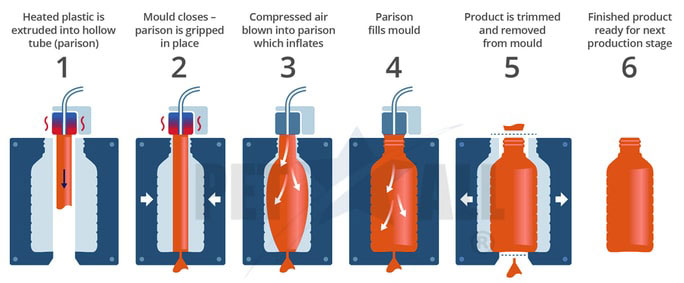
Designing a blow molding mold is a crucial aspect of plastic product manufacturing, influencing the shape, size, and quality of the final output. Here are key considerations in blow molding mold design: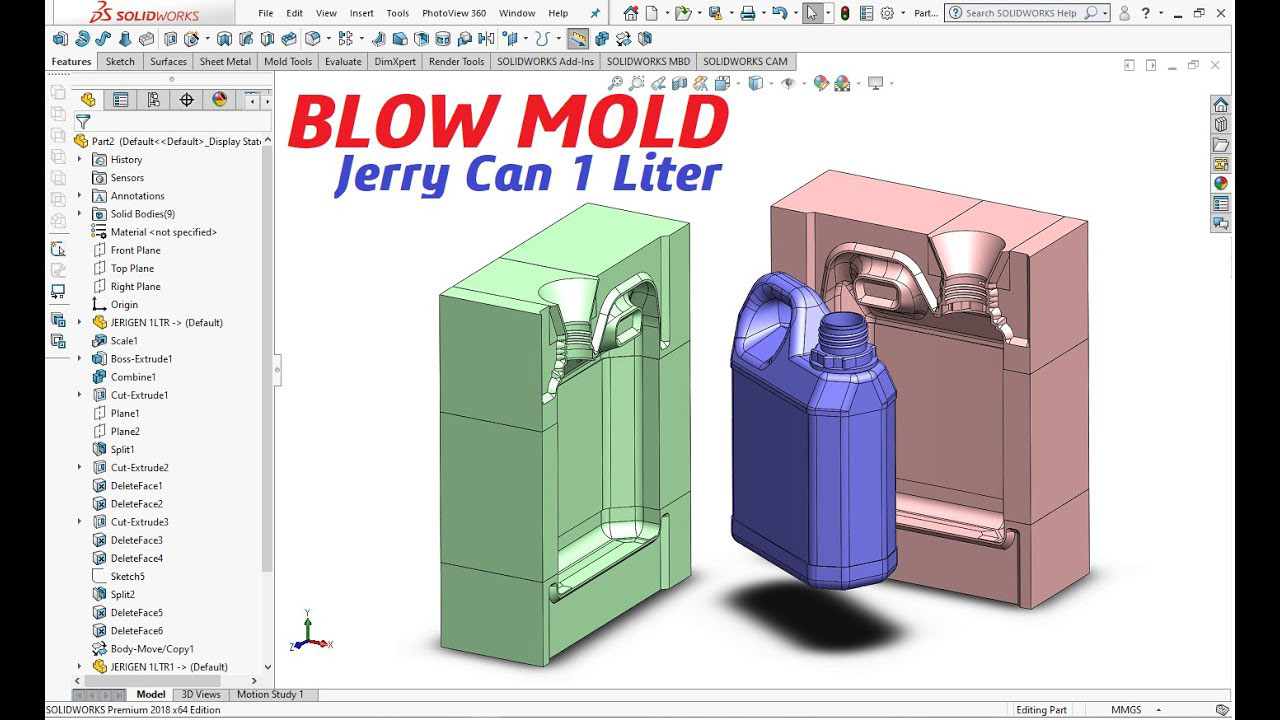
- Product Shape and Size: Customizing mold design based on the desired shape and dimensions of the final product. Different shapes and sizes of plastic items require specifically designed molds for precise molding.
- Material Selection: Molds require materials with high wear resistance and thermal conductivity to withstand plastic melting and cooling processes. Commonly used materials include aluminum alloys, steel, among others.
- Cooling Systems: Effective cooling systems aid in rapid cooling and solidification of molten plastic, ensuring stable product dimensions and surface quality.
- Mold Wall Thickness and Structure: Balancing mold wall thickness is crucial to manage plastic filling and product strength. Additionally, mold structure design should consider plastic flow and filling during the molding process to ensure product quality.
- Mold Opening/Closing Mechanism: The chosen opening/closing mechanism influences mold operation and product extraction. Common methods include vertical or horizontal opening systems.
- Maintenance and Cleaning: Regular maintenance and cleaning are vital for prolonged mold stability. This involves residue removal, corrosion prevention, and damage repair.
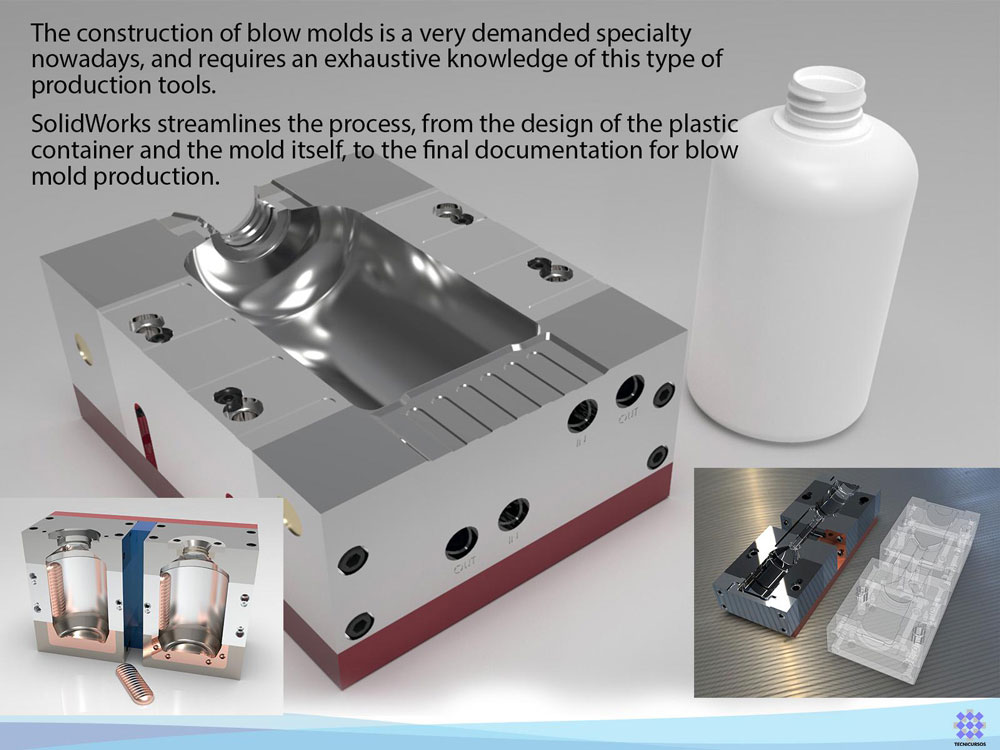
In summary, blow molding mold design necessitates considerations regarding product shape, material choices, cooling systems, structural design, among others, to ensure molds effectively and consistently manufacture high-quality plastic products.
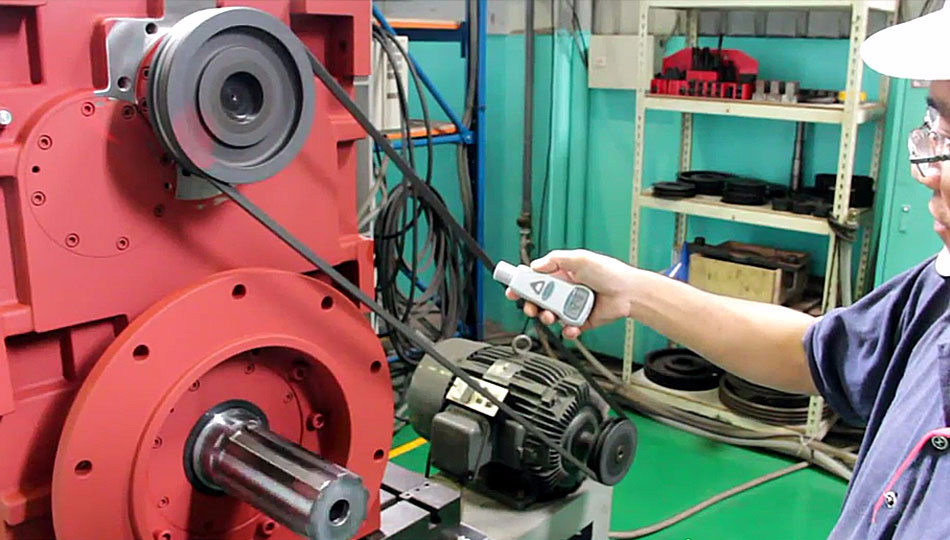
- Transmission: It converts the high-speed rotation from the motor into the required low-speed, high-torque motion necessary for various stages like extrusion, molding, and cooling in the blow molding process.
- Torque Amplification: During plastic extrusion and molding, the machine requires high torque to drive components such as screws, die heads, and molds. The gearbox provides the necessary increased torque to ensure smooth machine operation.
- Motion Control: The gearbox allows precise speed control of components within the blow molding machine, ensuring stability and consistency during extrusion and molding processes.
- Durability and Stability: Typically constructed from high-strength, wear-resistant materials, the gearbox ensures prolonged stable operation and durability.
When assessing a blow molding machine, a comprehensive comparison across various aspects such as the motor, screw, gearbox, die head, and mold is crucial. Here’s an overview of each aspect:
- Motor:
- International Brands like Siemens, ABB: High-quality, reliable, widely used in industrial equipment.
- Domestic Motors (e.g., Mengniu): Exhibit certain performance advantages and possibly lower cost.
- Considerations: Production needs, quality, cost, and after-sales service.
- Screw:
- Alloy Steels like 38CrMoAlA, 42CrMo, SKD61: Known for wear resistance, high strength, and heat resistance.
- Influencing Factors: Screw length, diameter, pitch directly impact plastic plasticization, mixing, and extrusion.
- Gearbox:
- Renowned Brands like SEW-Eurodrive, Nord: Offer efficient, durable transmission systems.
- Key Selection Factors: Consider torque requirements, reliability, and maintenance cost.
- Die Head:
- Manufacturers such as Müller: Provide high-quality die heads crucial for plastic extrusion and hollow product formation.
- Design Elements: Determine molding speed, product quality, and shape.
- Mold:
- Materials and Design: High-wear, efficient cooling materials, structural design crucially impact product shape, size, and quality.
- Maintenance and Cleaning: Regular maintenance and cleaning are vital for prolonged stable mold operation.
A holistic comparison across these aspects significantly impacts the overall operational efficiency of the blow molding machine and the quality of the final products. Choosing suitable components and manufacturers ensures stable machine operation and high-quality plastic product manufacturing.
4.
Comparison of blow molding machine manufacturers’ years of foreign trade and success stories overseas
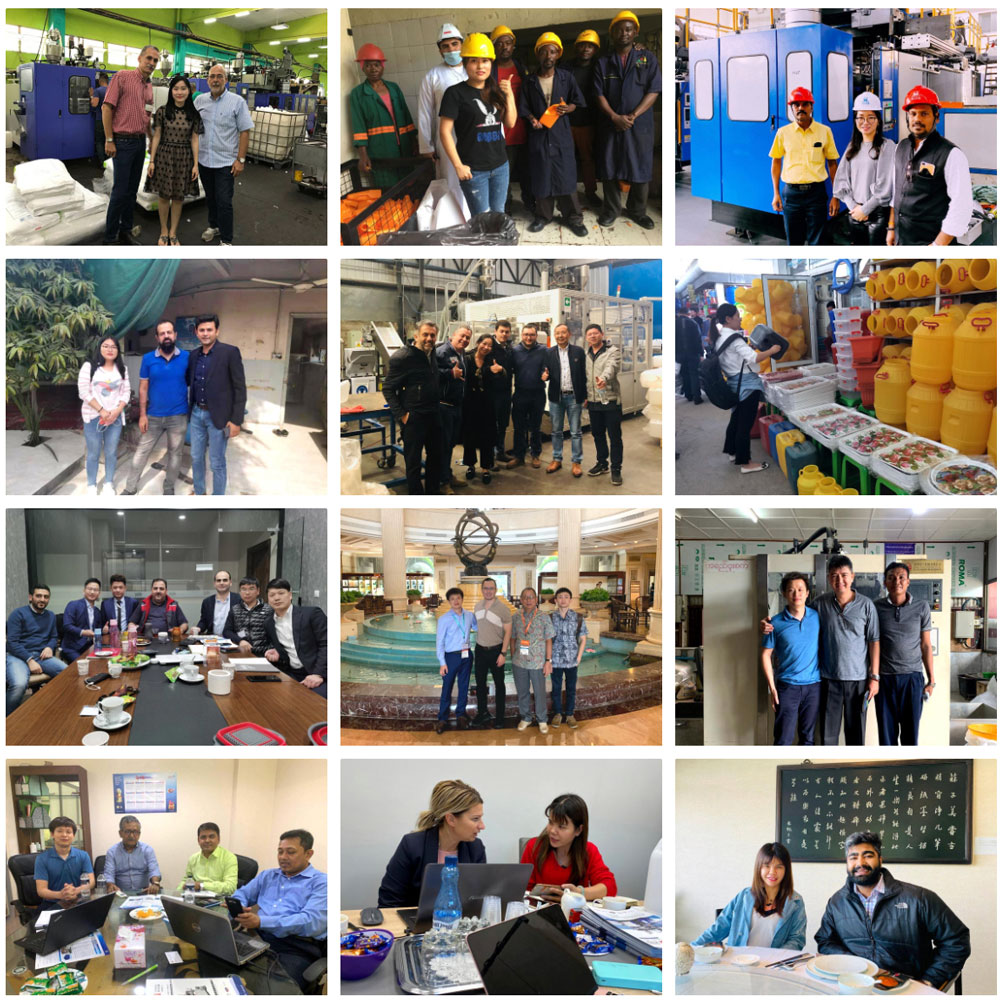
5
How to check a business’s credit qualifications?
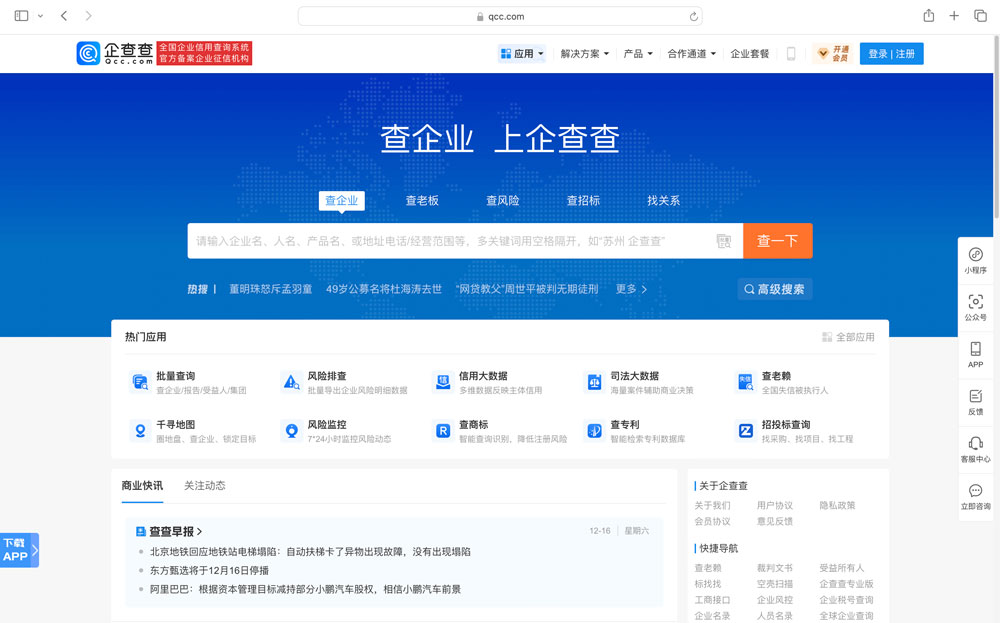
6
How do you get more information through the manufacturers you contact?
7
How to make after-sales service and product quality guaranteed?
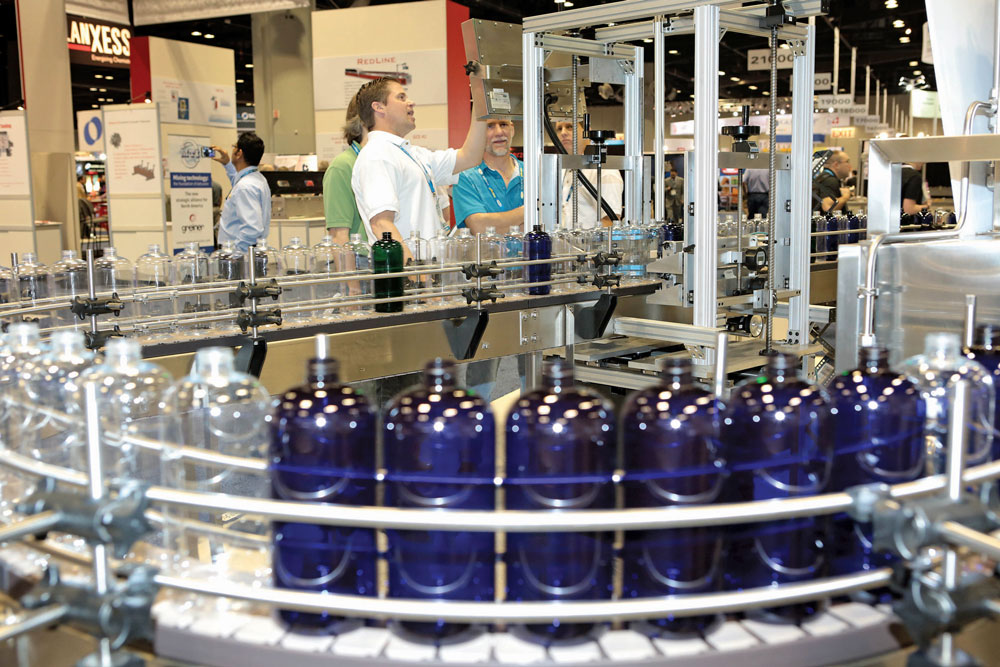
When considering after-sales service and quality assurance for blow molding machines, it’s essential to look into several aspects, including labor costs for installation and advance preparation:
- Advance Preparation: Before the installation process, there might be certain prerequisites or preparations needed at the buyer’s facility. This can include having the necessary infrastructure such as power supply, space allocation, flooring specifications, and other logistical arrangements ready for the machine installation. The costs for these preparations would vary depending on the facility’s current setup and the machine’s requirements.
- Quality Assurance and Service Commitments: Assess the manufacturer’s or distributor’s commitment to quality assurance and after-sales service. This involves understanding the warranty terms, service contracts, and availability of technical support. Quality assurance might also include machine testing, calibration, and ensuring compliance with industry standards before installation.
- Training and Support: A reputable manufacturer may provide training sessions for operators and maintenance personnel after installation. This ensures that the operators are well-equipped to handle the machine effectively, reducing the risk of operational issues.
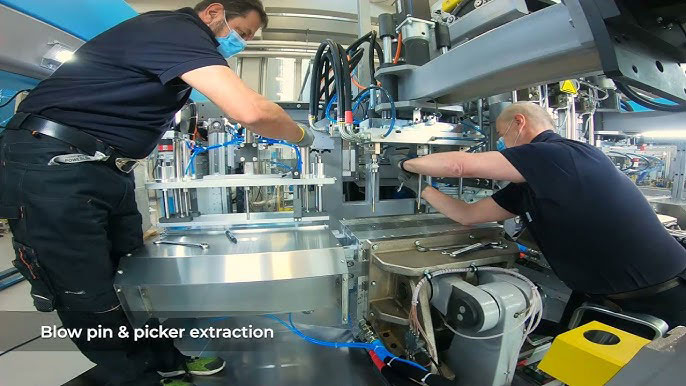
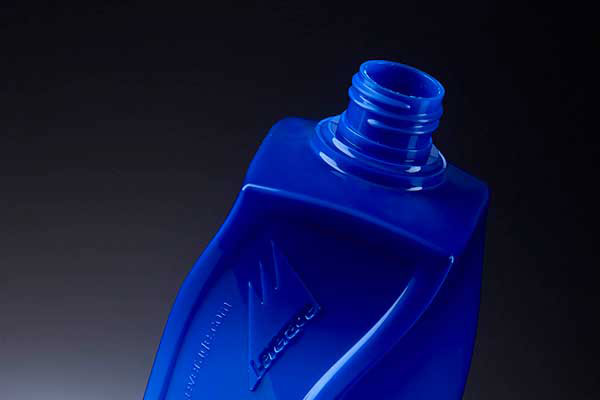
8.ROI Analysis on Blow Molding Machines

Where:
- Revenue includes the sales generated from the final product, determined by the product price and quantity sold.
- Costs encompass various expenditures, such as machine price, employee wages, electricity expenses, factory rent, raw material costs, and packaging expenses.
Specifically, the ROI calculation can be expressed as:

In this formula:
- Units Sold represents the quantity of products sold.
- Product Price is the selling price per unit of the product.
- Machine Price is the purchase cost of the blow molding machine.
- Employee Wages represent labor costs required for operating and maintaining the machine.
- Electricity Costs are the expenses for the machine’s energy consumption.
- Factory Rent signifies the rental cost of the premises housing the machine.
- Packaging Costs cover expenses related to preparing the product for sale.
Utilizing this ROI formula allows you to evaluate the profitability of your investment, aiding in pricing your final product and selecting a machine with an efficiency level that facilitates a return on your investment.
9 About payment methods for purchasing blow molding machines
Contract No.: [Number]
Seller (Party A):
Company Name: [Seller’s Company Name]
Address: [Seller’s Address]
Contact Person: [Seller’s Contact Person]
Phone: [Seller’s Phone Number]
Email: [Seller’s Email]
Buyer (Party B):
Company Name: [Buyer’s Company Name]
Address: [Buyer’s Address]
Contact Person: [Buyer’s Contact Person]
Phone: [Buyer’s Phone Number]
Email: [Buyer’s Email]
Contract Overview:
- Description of Goods: Party A agrees to sell the following blow molding machine (Specify detailed model and specifications) to Party B.
- Price and Payment Terms: The total amount is [Total Amount], payable as follows:
- 30% as a down payment, i.e., [Down Payment Amount], within [Number] days after signing the contract.
- 70% to be paid after completion of the blow molding machine production, successful product acceptance, and before shipment, i.e., [Final Payment Amount], within [Number] days.
- Trade Terms and Payment Methods: The contract is based on CIF trade terms, covering the cost of goods, insurance, and freight. Payment methods accepted include TT (Telegraphic Transfer) and LC (Letter of Credit), based on agreed invoices and document presentations.
- Delivery and Acceptance: Party A shall arrange shipment within [Number] days after product acceptance according to CIF terms. Product acceptance shall comply with pre-agreed standards and specifications.
- Quality Assurance:
- Warranty period for the blow molding machine is [Machine Warranty Period], calculated from the date of delivery and use.
- Core components warranty period is [Component Warranty Period], calculated from the date of delivery and use.
- Applicable Law: This contract is governed by the laws of [Country/Region].
- Dispute Resolution: Any disputes arising from this contract shall be resolved through mutual negotiation. If negotiation fails, the matter shall be referred to [Arbitration Institution/Court] for resolution.
- Other Terms: Any other matters not covered in this contract shall be further discussed and confirmed by both parties.
Date of Signing: [Date]
Signature of Party A: _____________________ Signature of Party B: _____________________
Please ensure to adjust the contract content, especially payment terms, warranty terms, and any other specific requirements, based on the actual situation. It’s also advisable to seek legal advice to ensure compliance with applicable laws and protection of both parties’ interests.
10 How to ship a blow molding machine from China?
Here are several reputable ocean freight companies that offer transportation services for blow molding machines along with customs clearance:
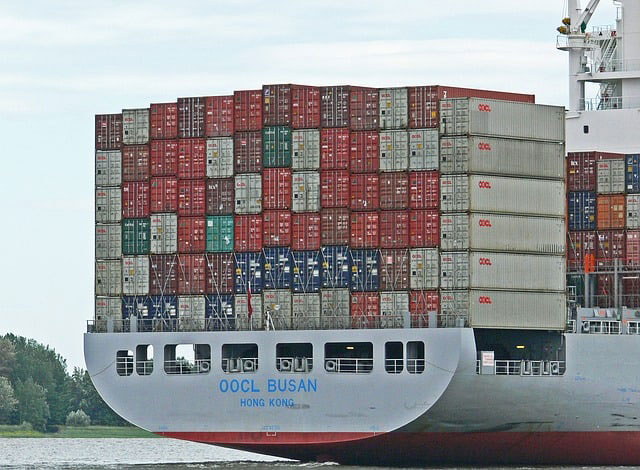
- Maersk Line: Maersk is a leading global ocean freight company providing container shipping services worldwide, including comprehensive customs clearance services. They have extensive experience in transporting various types of goods internationally.
- CMA CGM: CMA CGM is a global container shipping company offering various transport options and logistics services, including professional customs clearance services suitable for exporting blow molding machines.
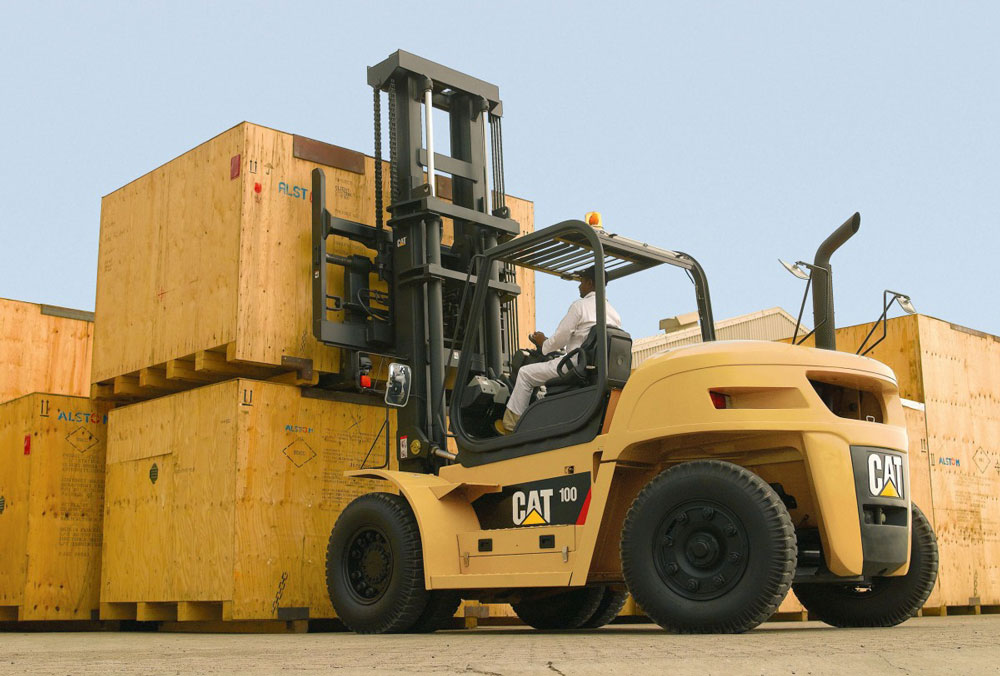
- Evergreen Marine: Evergreen is a Taiwanese ocean freight company with a global transport network, providing ocean freight, customs clearance, and logistics services suitable for international transport of blow molding machines.
- Hapag-Lloyd: Hapag-Lloyd, based in Germany, is an international shipping company offering global ocean freight and logistics solutions, including professional customs clearance services suitable for transporting blow molding machines.
- OOCL (Orient Overseas Container Line): OOCL is a global container shipping company offering container transport services and customs clearance suitable for exporting blow molding machines.
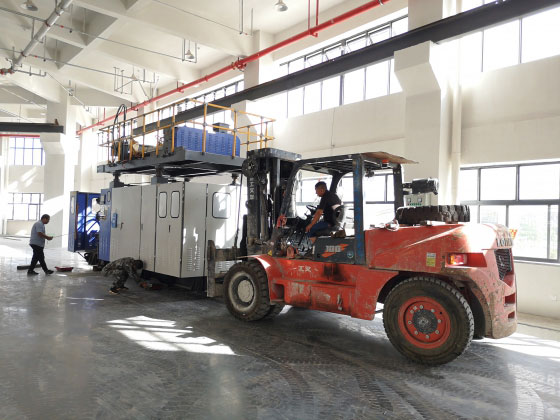
These ocean freight companies offer various transport options and customs clearance services for international transportation of blow molding machines. When selecting the appropriate ocean freight company, factors to consider include their global network, transit times, customs clearance capabilities, and service quality to ensure the safe and timely delivery of blow molding machines.
Here’s an itinerary, but of course if you need to make a more reasonable plan you can contact me and I’ll help you make a more reasonable plan
- Arrive at Shanghai Pudong International Airport.
- Transfer to Zhangjiagang (by train or car).
- Check-in at a hotel in Zhangjiagang.
- Visit plastic blow molding machine manufacturers in Zhangjiagang.
-
-
- Continue visiting plastic blow molding machine manufacturers in Zhangjiagang.
- Return to Shanghai in the evening or stay overnight in Zhangjiagang.
-
-
-
- Fly to Beijing.
- Explore major attractions in Beijing like the Forbidden City, Great Wall, Tiananmen Square, etc.
- Experience local cuisine and culture in Beijing.
-
-
-
- Further exploration of Beijing’s attractions or arrange specific activities.
- Consider visiting exhibitions or conferences related to the plastic industry.
-
-
-
- Return to Shanghai by flight and then fly to Guangzhou.
- Upon arrival in Guangzhou, proceed to visit plastic blow molding machine manufacturers in Guangdong.
-
- Visit manufacturers in Guangzhou and possibly explore nearby areas such as Shenzhen.
12 How to go to the middle to avoid commercial bribery?
Absolutely, when seeking translation services, it’s crucial to ensure transparency and professionalism from the translators. Make sure they avoid any conflicts of interest or situations where they might receive kickbacks or incentives from the businesses they’re translating for. A translator’s primary goal should be accurate and unbiased translation without any influence from the businesses they are assisting. Clarity and honesty in translation services help maintain the integrity of information and prevent potential misinterpretations or biased communication

